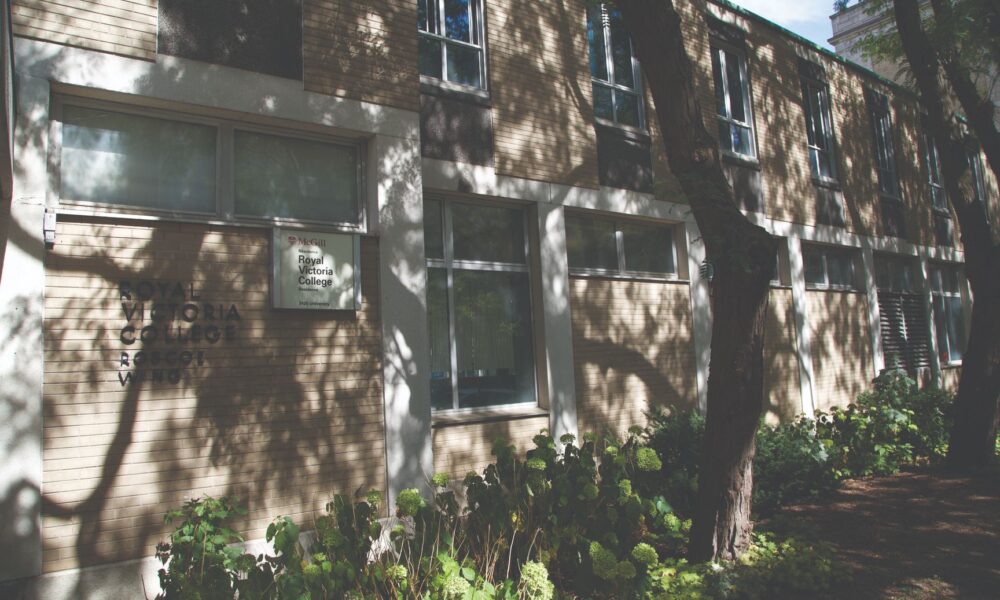For the first time since 2020, a semester has begun with nearly no pandemic restrictions in place at McGill. Mandatory masking and social distancing were dropped in May 2022 and campus activities, including all classes and Frosh, have resumed at full capacity. Those in residences, however, report feeling that COVID-19 protocols within dorms have not been clearly communicated.
Irina Zhang, U0 Management and Arts, shared a post on Reddit on Sept. 3 explaining that she had tested positive for COVID-19, but was unaware of the protocols she should follow considering she lives in a double room with a roommate. Zhang immediately panicked because she could not find any clear answers on how to proceed. She tried contacting the Dean of Students’ office in an attempt to move rooms, but as it was the weekend, members of the Dean’s team were out of office.
“I was only aware of the simple protocols La Citadelle emailed us at the beginning of the year, which just told us to stay in our rooms if we had COVID-19,” Zhang said in an interview with The McGill Tribune. “It seems that they only send [the full protocols] to students that need to quarantine.”
With little prior information from McGill staff, Zhang turned to other students in residences and online platforms such as Reddit with her questions. She explained that she did not think of contacting her floor fellow—both because she was overwhelmed and because she thought COVID-19 protocols fell outside of floor fellows’ purview.
After making the Reddit post, Zhang called La Citadelle’s 24/7 front desk staff, who answered most of her questions. She learned how to get food—go to the cafeteria but remain distanced from others—and received the official COVID-19 protocols for the residence.
She was told to remain in her double room, but to avoid contact with her roommate. The current residence protocols state that roommates are only separated in “extreme cases,” or when an individual is immunocompromised. Zhang was further advised to maintain social distance if she needed to leave her room and not to have any visitors. Despite McGill’s protocols, Zhang had friends bring her food and ultimately left her dorm to quarantine at her parents’ house.
Alex*, a floor fellow, believes the current protocols in place are “careless” and insufficient to adequately handle COVID-19 outbreaks in residences.
“There are far fewer self-isolation rooms available this year,” Alex wrote in an email to the Tribune. “In contrast, last year, there were floors dedicated to COVID-19 self-isolation in NRH (New Residence Hall). This has left students to ‘self-isolate’ in their own room, with their potentially COVID-free roommate.”
In addition to limited protocols for COVID-positive students, McGill has stopped distributing rapid tests and many lectures are no longer recorded. Alex believes that the lack of resources and accommodations offered by the university increases the chances of sick students missing classes and tests, causing them to fall behind academically. Alex also noticed that a large number of students were sick after Frosh. He worries that many assumed it was “Frosh Flu,” and did not test for COVID-19.
“Though fewer and fewer people are affected by the virus as time goes on, it is vital to note that we are not at a place where we can completely ignore it,” Alex wrote. “The reality is that there are students still living in residence with COVID-19, and McGill needs to acknowledge this by accommodating those individuals.”
McGill media relations officer Frédérique Mazerolle affirmed the university’s commitment to the safety of those in residences in an email to the Tribune.
“The health and wellbeing of the community will remain our top priority and all necessary health and safety measures as recommended by government and public health authorities will continue to be implemented in the residences to ensure residences remain safe spaces this academic year,” Mazerolle wrote.
*Alex’s name has been changed to preserve their anonymity.







